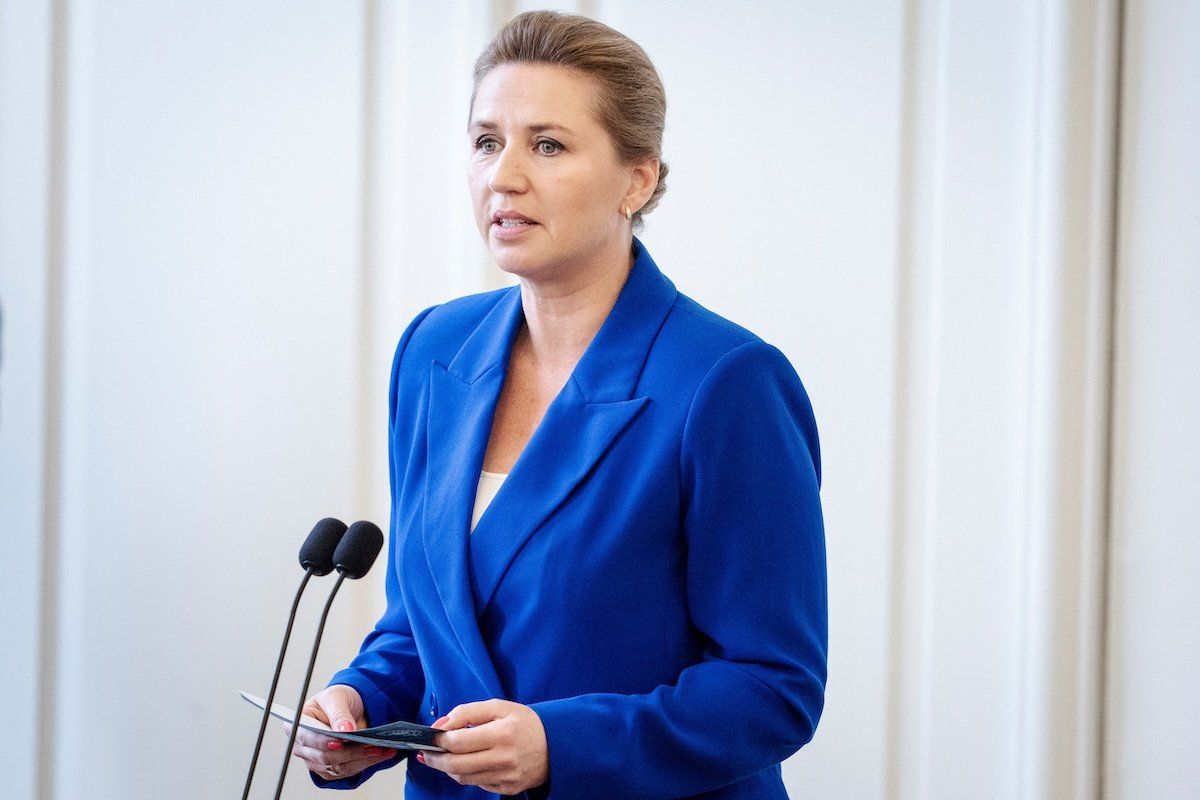Denmark's Prime Minister Mette Frederiksen gives her Constitution Day in Copenhagen, Denmark, on June 5, 2024.
Political violence is surging – even where you’d least expect it.
Danish PM Mette Frederiksen was attacked on a Copenhagen street on Friday, just two days before her country votes in EU Parliament elections. Her Social Democrats are the largest party in Denmark’s government, but they’ve been losing support in recent months.
Following a campaign event, a man reportedly walked up to Frederiksen and hit her in the city center late Friday. She was left in shock, and the assailant was arrested.
Fellow European politicians are taking to social media to offer support and condemn the attack, which comes just weeks after Slovakian PM Robert Fico survived a May 15 assassination attempt.
As we wrote earlier this week, scholars and police have been growing increasingly worried about the risk of political violence in both the US and Canada as both countries head into election cycles this year and next. But Europe is already in the throes of a tumultuous European election in which – amid sharp debates about immigration – the far right is expected to gain seats.
Stay tuned: We’ll be watching to see how Frederiksen bounces back from the attack, and how Danes and Europeans more broadly vote in the days ahead.
